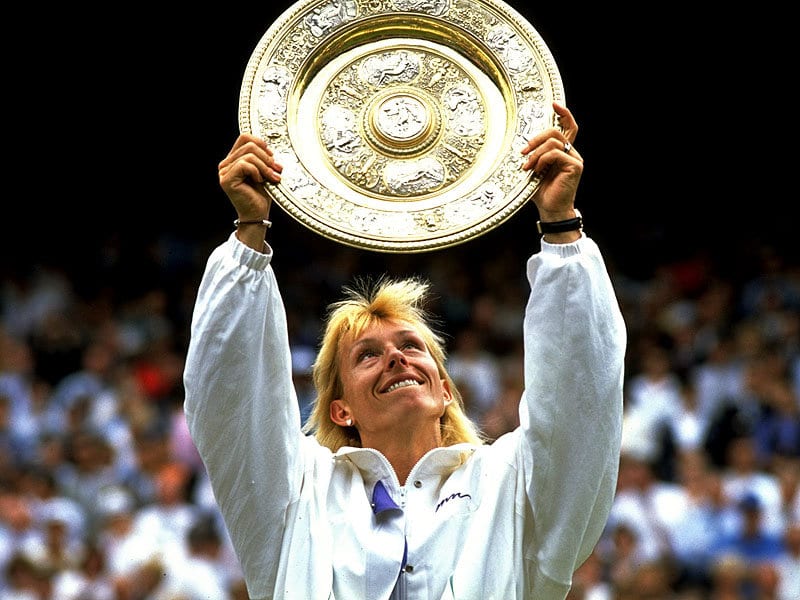
NEW YORK — Tennis experts/analysts have debated- and will continue to debate for years-to-come – the issue of which player in tennis history should be recognized as the game’s greatest champion.
Because major titles  (Australian Open, French Open, Wimbledon and U.S. Open) weigh heavily in their deliberations many favor Roger Federer, who has 16 major titles, Rod Laver who has won 11, including two Grand Slams (all four majors in the same calendar year), Margaret Smith Court (24, including the Grand Slam in 1970) or Steffi Graf (22, including the Golden Slam , which is four majors and the Olympic singles in 1988).
But I vote with Billie Jean King, who says Martina Navratilova is “The greatest singles, doubles, and mixed doubles player who’s ever lived.â€
The Czech-born 53-year-old was honored by the USTA on Arthur Ashe Stadium Monday night for changing the face of women’s tennis “with an aggressive game and an inspirational desire to be the best.â€
She won 167 titles (a record for men and women), including 18 major titles, 31 major doubles crowns and 10 mixed doubles titles. She won a record 74 consecutive matches and finished the 1983 season with a remarkable 86-1 record. Navratilova was denied a perfect season by compatriot  Helena Sukova, who beat her 1-6, 6-3, 7-5 in the French Open fourth round.  She maintained an extraordinary level of excellence for three years (1982-84), losing only six matches during that stretch.
Though she fell six short of Court’s record 24 major titles, giving the greatest-champion-nod to Navratilova is a no-brainer for me primarily because she was not just a great tennis champion but a gifted athlete who went the extra mile to become a complete player. She was a master server-and-volleyer but also possessed a strong baseline game. She hit topspin, slice, half-volleys and drop shots with enviable touch or power, whichever was needed.  And she moved about the court with grace and quickness, always setting up or searching for an easy put-away.
Her career is even more notable because of the hostility and obstacles she endured from the start. She turned pro in 1975 and immediately sought and received political asylum in the United States. Six years later, she announced that she was gay.
“That was not a good thing to do back then,†she said. “There were a lot of doors shut in my face because of that, but you know what? I could still play tennis no matter what.â€
Chris Evert, who was dubbed ‘America’s Sweetheart,’ was her major rival and Navratilova felt the wrath of Evert’s fans each time they met, especially in the final of major events.  But Navratilova’s dominance taught Evert and other women pros the value of physical training and encouraged young girls and women pursuing any sport to embrace their athleticism, not to suppress or abandon it.
When television news personality Christiane Amanpour, who hosted Monday night’s tribute, said her first tennis coach told her that she had “feet like a camel and I didn’t run fast enough,†Navratilova said, “Keep going; never stop.â€
Navratilova says a positive attitude and never-give-up determination have fueled her success.
“You have to have a positive attitude to be a champion to be a great tennis player,†she said. “And you have to be in the moment. If you’re not with that ball right at that split second, if you’re just a second late, it’s too late.â€
She was not always the best interview I encountered during my newspaper days, but she was – and probably will be for the next decade or so – the game’s best player.
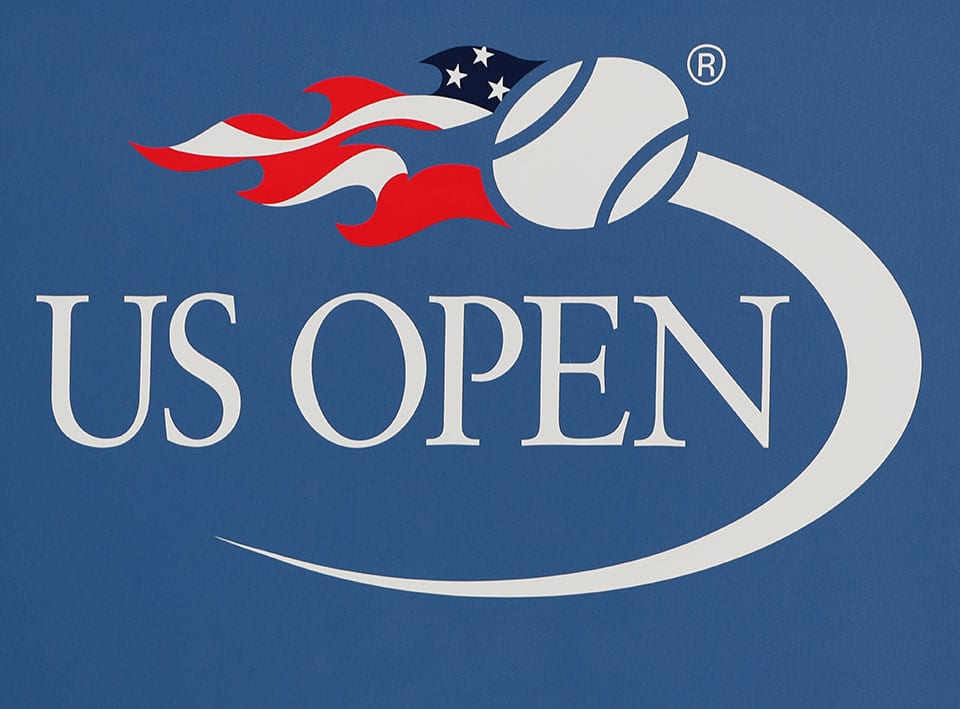
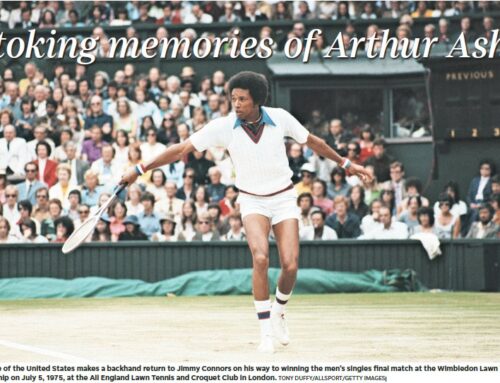
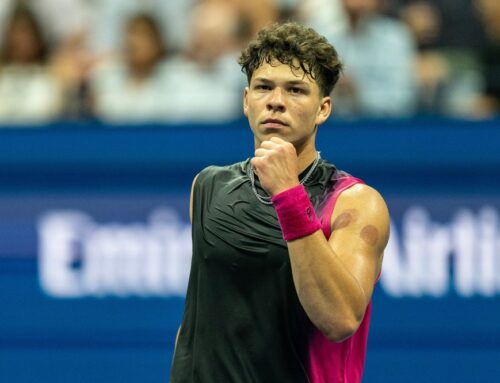
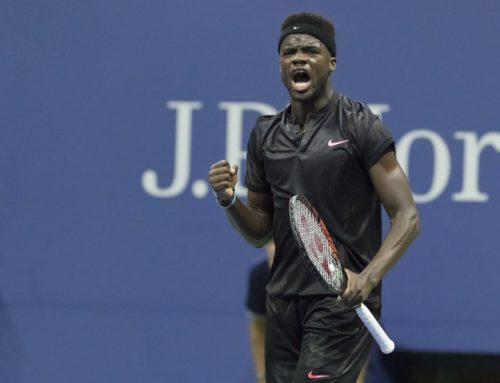
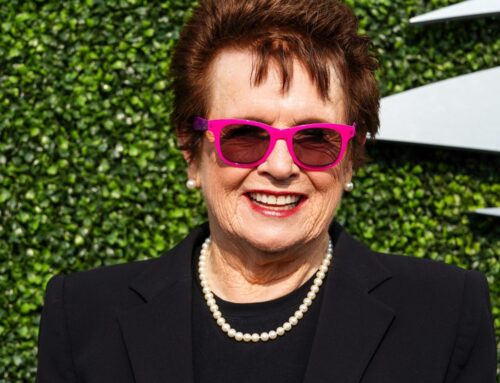
Leave A Comment